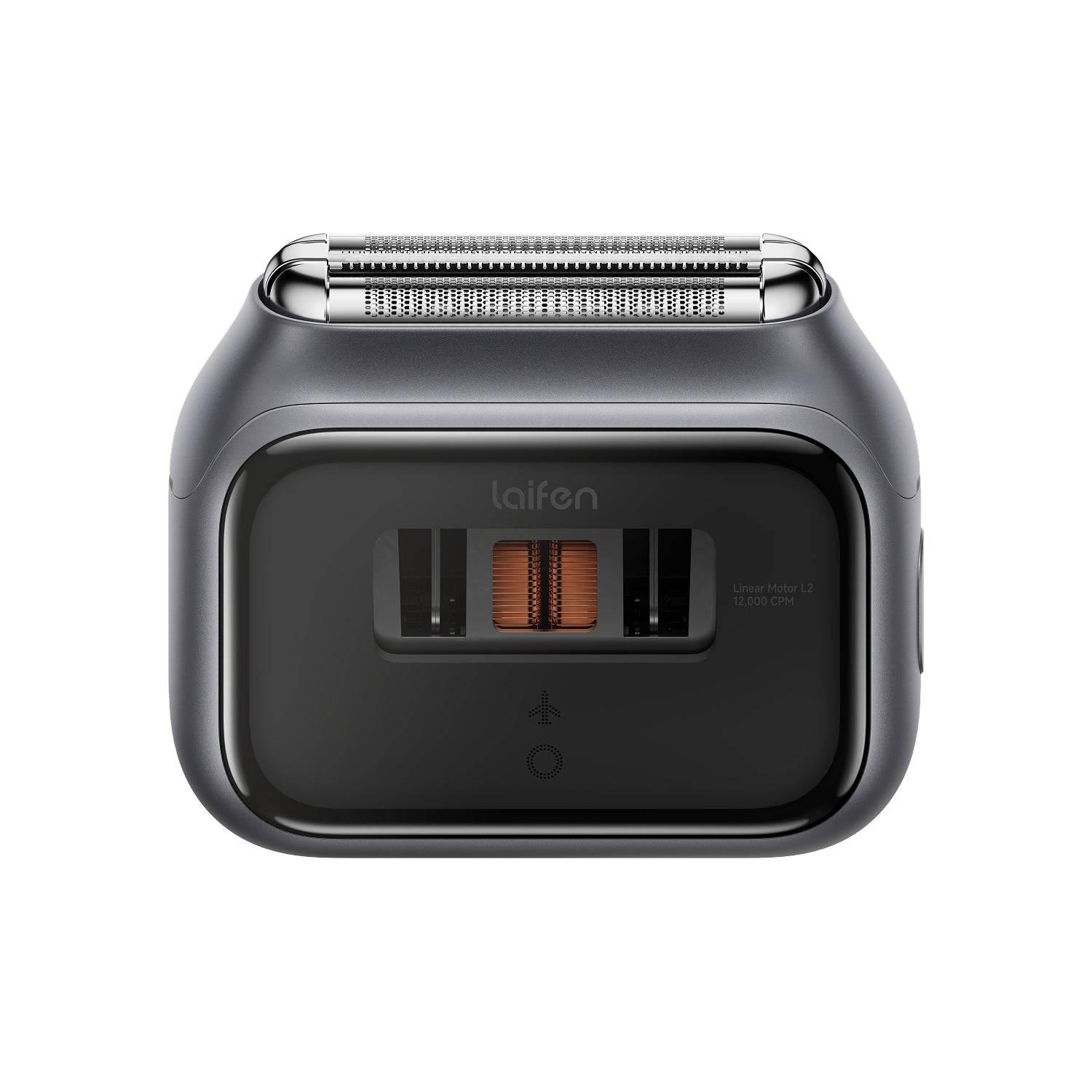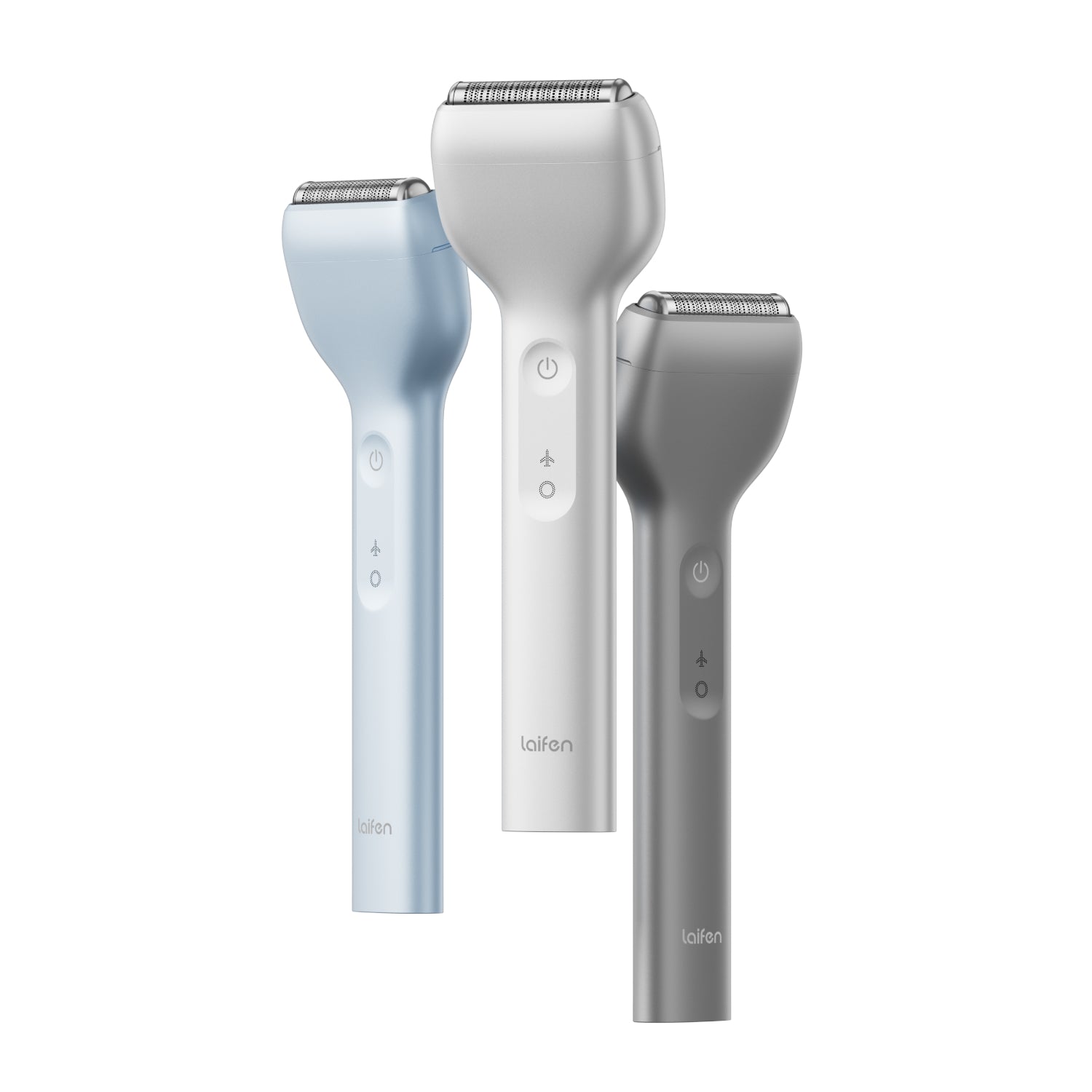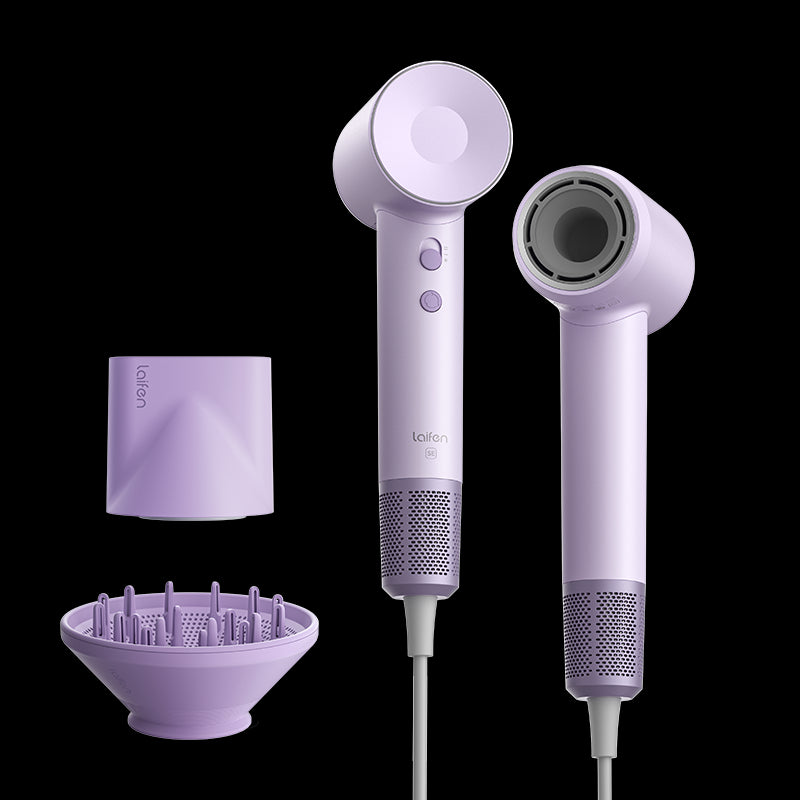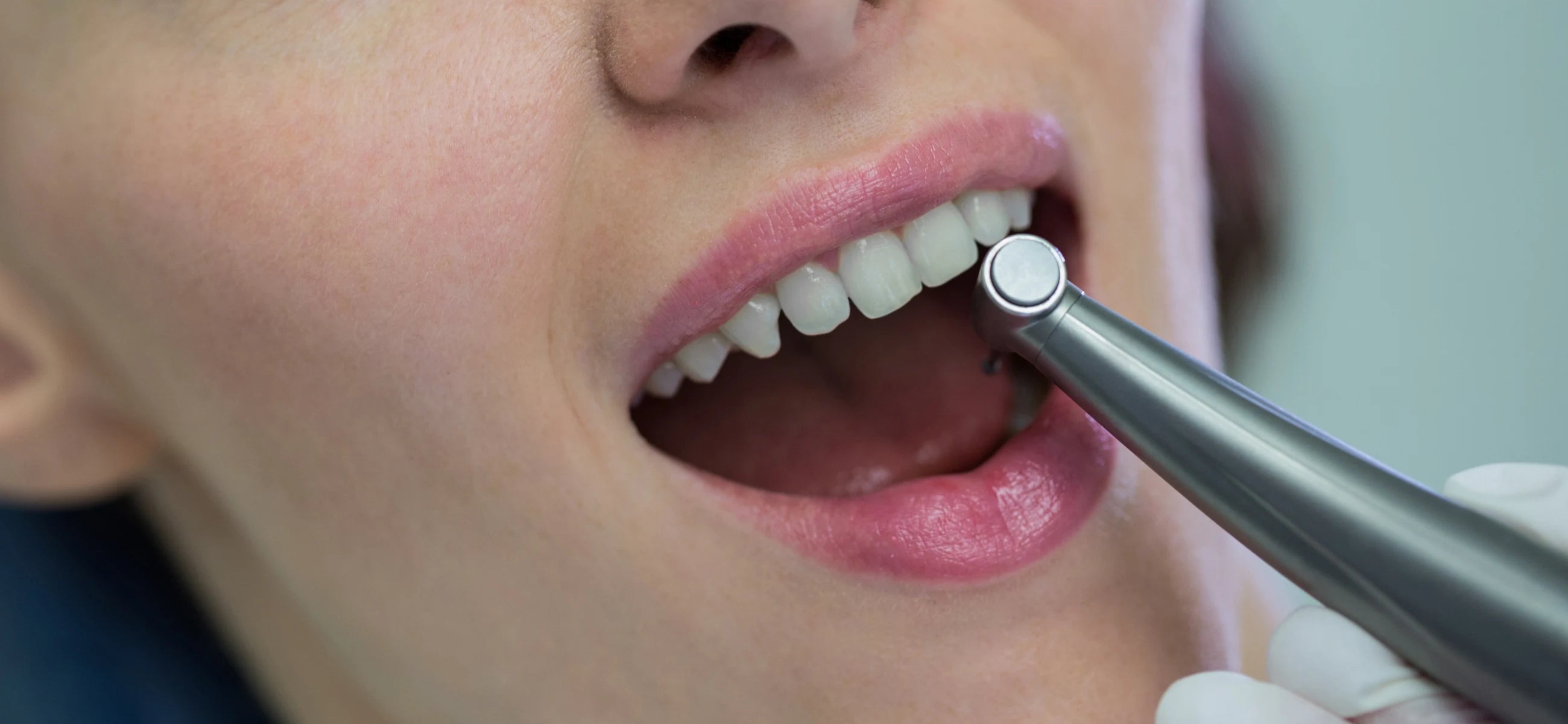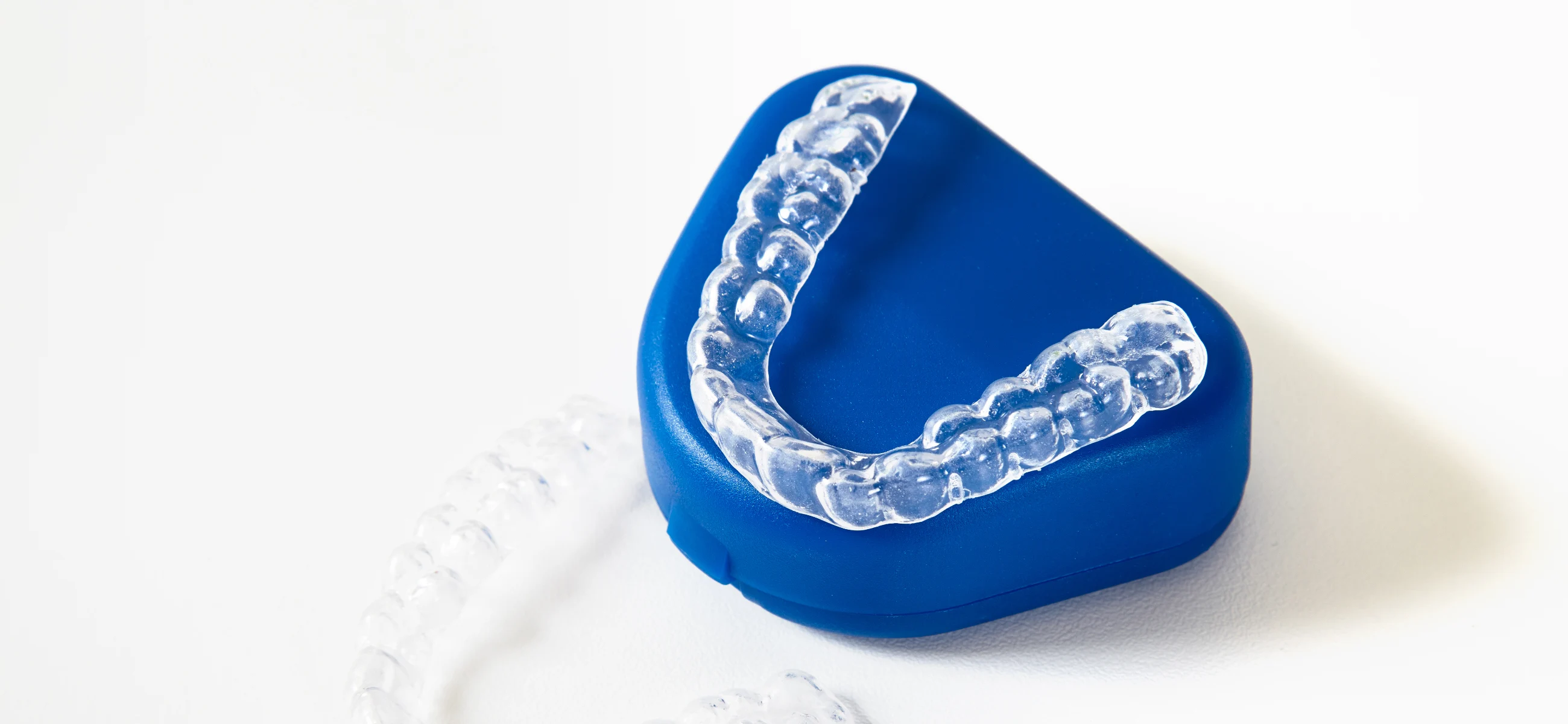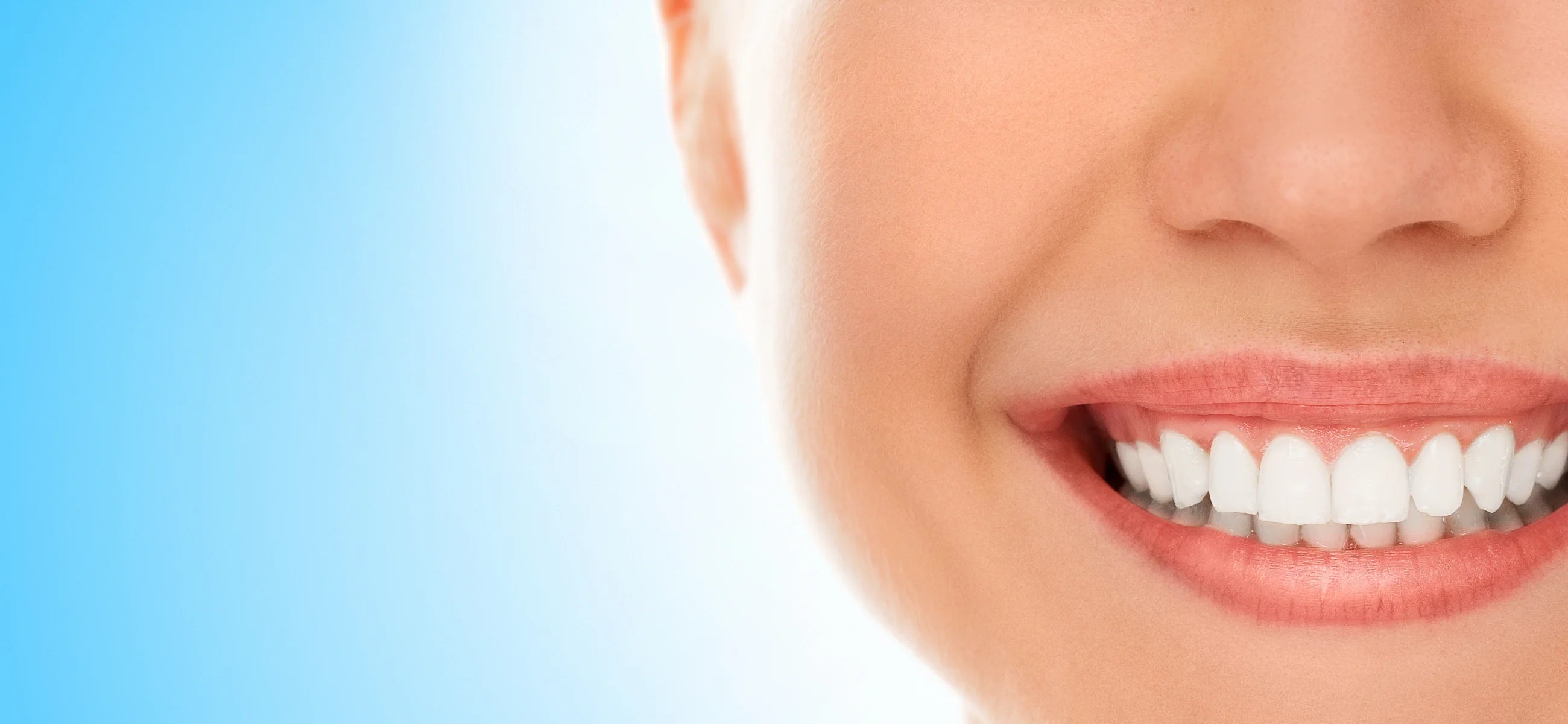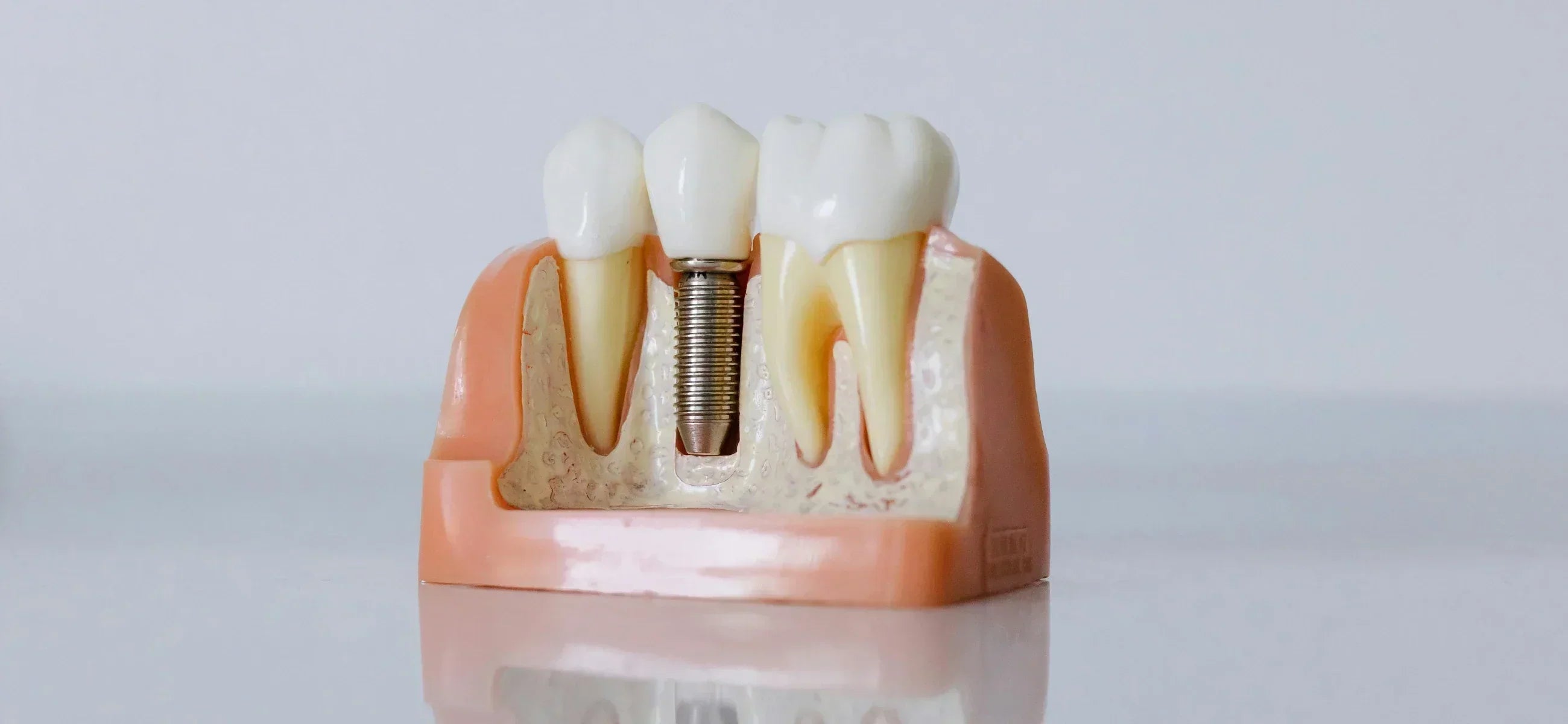
In this article
Ever felt like your teeth were staging a revolt and considering a walkout? Don't worry, we've all been there.
But before you start panicking about losing your pearly whites, let's talk about how to keep those little troublemakers from jumping ship.
We've got the lowdown on how to keep your teeth firmly rooted where they belong. So grab a seat and get ready!
Why loose teeth?
Gum disease: Periodontal disease can weaken the tissues and bone supporting the teeth.
Trauma: Accidents or injuries to the mouth can damage the ligaments and bone surrounding the teeth.
Poor oral hygiene: Neglecting to brush and floss regularly can result in plaque buildup, which can lead to gum disease and tooth loosening.
Teeth grinding: Habitual grinding or clenching of teeth, known as bruxism, can put excessive pressure on the teeth and lead to loosening over time.
Medical conditions: Certain medical conditions like osteoporosis or diabetes can affect bone density and oral health.
How can I know it's a loose teeth?
You might notice it feels wobbly or shifts slightly when you touch it with your tongue or finger. Sometimes, you might even feel a gap between the tooth and the surrounding gum
Another telltale sign is increased sensitivity or discomfort when biting down or chewing. If you suspect you have a loose tooth, it's essential to see your dentist promptly.
What keeps a loose tooth from coming out?
To prevent a loose tooth from falling out prematurely, follow me to take proactive steps to support its stability and health.
You need to maintain excellent oral hygiene habits, such as brushing your teeth twice a day with fluoride toothpaste and flossing daily to remove plaque and bacteria buildup around the gums.
You should never do teeth grinding or biting on hard objects, as these can exacerbate tooth looseness. If you notice any signs of a loose tooth, such as increased sensitivity or mobility, don't hesitate to seek professional dental care promptly.
How can I stabilize my loose teeth at home?
You can take some steps at home to help stabilize them.
Step 1. Maintain good oral hygiene
Brush your teeth gently twice a day with a soft-bristled toothbrush and fluoride toothpaste. Be sure to floss daily to remove plaque and debris from between your teeth and along the gumline.
Step 2. Try to rinse with saltwater
Rinse your mouth with a warm saltwater solution several times a day. Saltwater can help reduce inflammation and promote healing around the loose tooth.
Step 3. Don't touch hard/sticky foods
Limit your intake of hard or sticky foods that could further loosen the tooth or cause discomfort. Or just choose to stay away from them.
Step 4. You can use a cold compress
If you experience any swelling or discomfort around the loose tooth, apply a cold compress to the outside of your cheek for 10-15 minutes at a time.
When you need to consult a dentist?
In this conditions, you should and have to find a dentist.
Loose teeth
If you notice one or more of your teeth feeling loose or shifting out of place, it's essential to see a dentist promptly. Loose teeth can indicate underlying issues such as gum disease, trauma, or bone loss that require professional evaluation and treatment.
Persistent tooth pain
If you experience persistent tooth pain or discomfort, especially when chewing or biting down, it could be a sign of dental problems such as tooth decay, infection, or a cracked tooth. Ignoring tooth pain can lead to more severe issues, so it's important to seek dental care as soon as possible.
Gum inflammation or bleeding
If your gums appear red, swollen, or bleed easily, it could be a sign of gum disease or other oral health issues. Gum disease left untreated can lead to tooth loss and other complications, so you are advised to address any gum-related symptoms promptly by consulting with a dentist.
5 tips to prevent loose teeth efficiently
In the last part, let's learn some ways to prevent it happen.
-
Brush your teeth at least twice a day with fluoride toothpaste and floss daily to remove plaque and bacteria buildup that can lead to gum disease and tooth decay.
-
Visit your dentist for routine check-ups and professional cleanings every six months. Regular dental exams can help identify and address oral health issues early before they progress to more severe problems.
-
If you participate in contact sports or activities that could result in trauma to the mouth, wearing a mouthguard can help protect your teeth from injury and prevent them from becoming loose.
-
Quitting smoking and limiting alcohol intake can improve your overall oral health and reduce the likelihood of tooth mobility.
-
Incorporate plenty of fruits, vegetables, lean proteins, and dairy products into your diet to prevent loose teeth.

